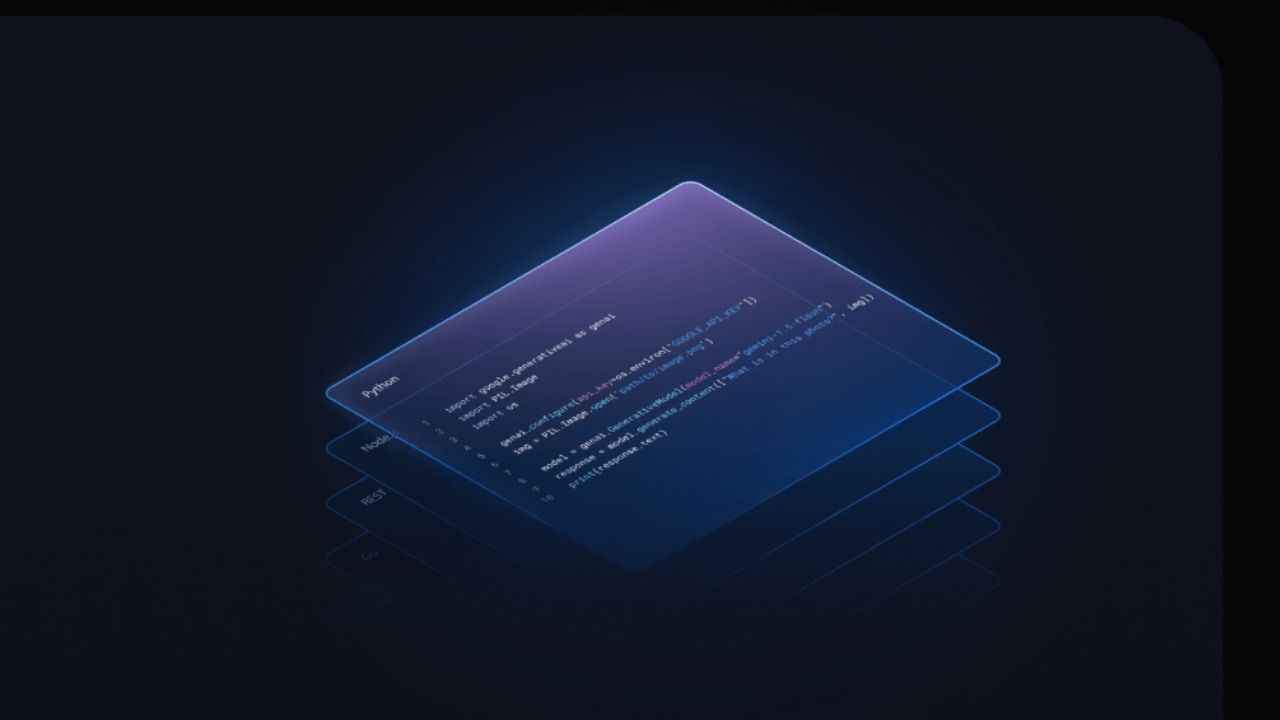From Google AI Studio to Jules: 5 Google AI tools for GenAI developers
Prototype models and code faster with browser-based IDEs and AI-powered coding assistants.
Build responsive UIs from prompts and integrate backend features with minimal infrastructure effort.
Jules automates coding tasks by syncing with GitHub, boosting productivity through smart bug fixes and feature implementation.

With the world moving towards AI capabilities, Google has been one of the strongest players in this space, with an impressive suite of tools tailor-made for AI developers. While many of the features remain under the radar, the tech giant has introduced some capable tools for GenAI developers that are worth checking out. Google’s AI ecosystem provides everything you need. From low-code experimentation in Google AI Studio to enterprise-grade deployments via Vertex AI and even design-to-code tools like Stitch, developers can now access several tools that provide them the flexibility to build the next generation of AI-driven applications.
 Survey
SurveyWhether you’re a seasoned machine learning engineer or an aspiring coder experimenting with generative models, here’s a curated list of 5 powerful tools from Google that are worth exploring.
Google AI Studio
Google AI Studio is a browser-based IDE built for prototyping generative models. Whether you’re working with Gemini (Google’s flagship model family) or lightweight open alternatives like Gemma, AI Studio provides a clean, efficient environment for testing prompts and fine-tuning models. It’s ideal for early-stage coding before moving to production-scale deployments.
Firebase
Firebase simplifies backend development by handling authentication, real-time databases, cloud storage, and hosting. For AI developers, it becomes even more powerful when combined with tools like Genkit or integrations with Vertex AI, enabling seamless integration of intelligent apps with minimal infrastructure management.
Stitch
Stitch is Google’s experimental design-to-code platform. It leverages Gemini models to turn text prompts or images into responsive HTML / CSS code. What sets Stitch apart is its support for “vibe coding”—AI-assisted UI development with customisation options. It also exports directly to Figma and allows developers to edit generated code in their preferred IDEs.
Colab
Google Colab is one of the favourites among students, educators, and data scientists for its ease of use and free access to powerful computing tools, all without the need to install software. Recently, Google has announced a wave of new AI-powered features designed to make coding even more intuitive. Users will soon have access to smart code completions, easy language-to-code generation, and an integrated coding assistant chatbot. These tools will be powered by Codey, a specialised version of Google’s PaLM 2 model.
Jules
Jules is another top AI coding assistant, now in public beta, that connects directly with GitHub and clones your repositories to a cloud VM. The platform handles tasks such as fixing bugs, implementing new features, and upgrading dependencies. It works as a co-pilot that automates tedious tasks and helps maintain your codebase efficiently.
Himani Jha
Himani Jha is a tech news writer at Digit. Passionate about smartphones and consumer technology, she has contributed to leading publications such as Times Network, Gadgets 360, and Hindustan Times Tech for the past five years. When not immersed in gadgets, she enjoys exploring the vibrant culinary scene, discovering new cafes and restaurants, and indulging in her love for fine literature and timeless music. View Full Profile